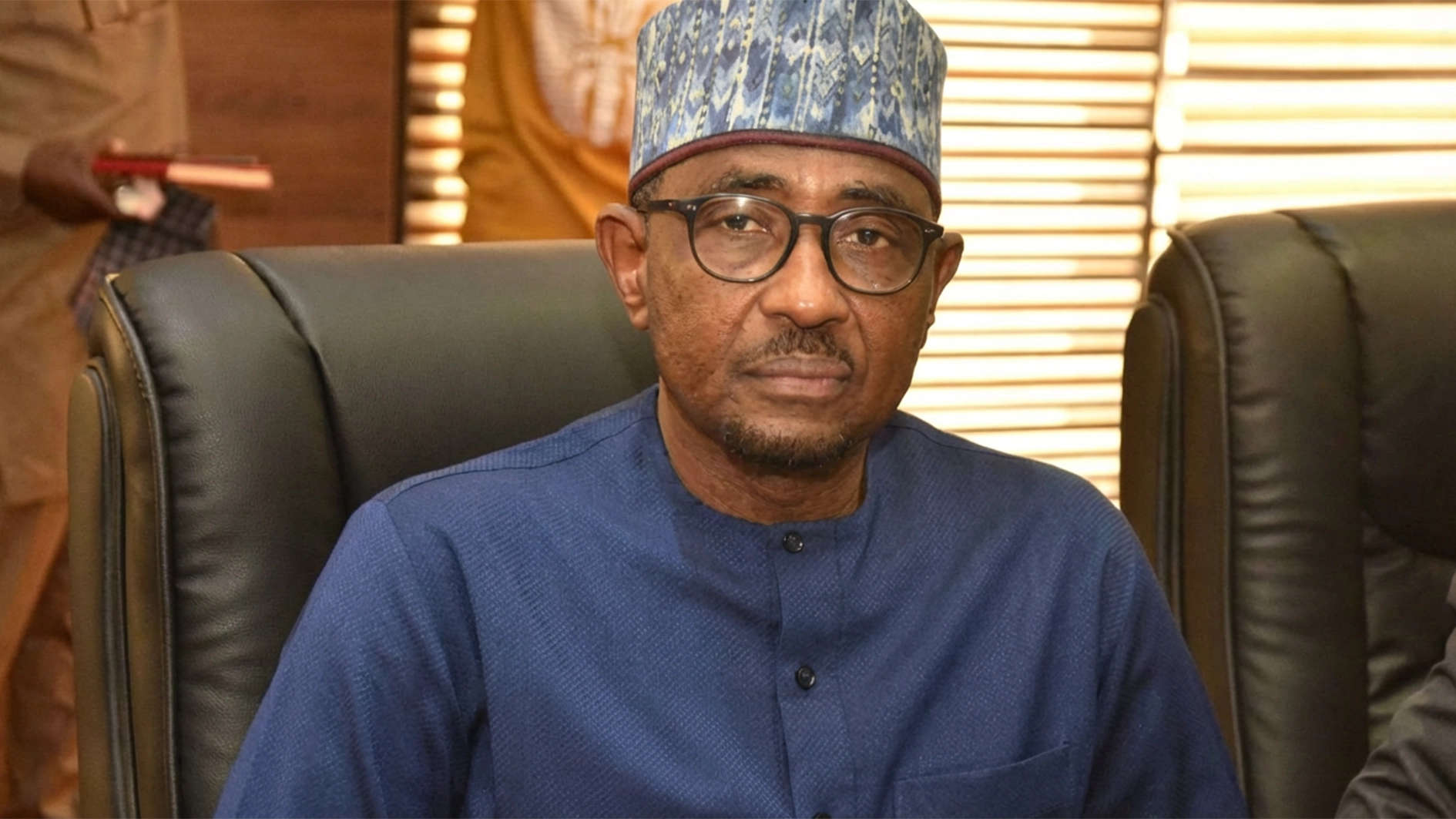The Trade Union Congress (TUC) has accused Africa’s richest man, Alhaji Aliko Dangote, of allegedly seeking to override constitutional and international labour rights in order to shield the operations of his $20 billion Dangote Refinery from union activities and collective bargaining.
In a statement issued by Bosun Olabiyi, Chairman of TUC in Oyo State and former National Financial Secretary of the Petroleum and Natural Gas Senior Staff Association of Nigeria (PENGASSAN), the union alleged that the Dangote Group has persistently resisted efforts by workers to organise and negotiate for improved welfare, a move it described as “an attempt to suspend the Nigerian Constitution in favour of corporate profitability.”
While acknowledging Dangote’s contribution to national development through the massive investment in refinery operations, the TUC insists that the billionaire businessman is not exempt from the laws that govern employment relations.
“Dangote invested to make profits, not for charity. But what he cannot do is demand the suspension of Section 40 of the Constitution and the ILO Conventions that Nigeria is signatory to,” Olabiyi stated.
The statement praised the refinery for meeting global technical standards in equipment and logistics but condemned its alleged neglect of labour practices.
“Dangote acquired the best equipment, the best crude, and the best logistics network. But when it came to workers’ remuneration and welfare, he opted for shortcuts,” the TUC said.
The union claimed that Nigerian workers have long expressed discontent with working conditions at the refinery but were reportedly silenced by a management style that it says “relies on foreign supervisors to suppress internal dissent.”
According to the statement, workers were forced to seek the intervention of PENGASSAN after allegedly being denied basic rights to organise and negotiate as enshrined in Nigerian labour law.
Olabiyi accused the Dangote Group of trying to isolate itself from Nigeria’s legal framework for industrial relations.
“Total, Shell, ExxonMobil, Chevron, Agip, NLNG and many others have invested significantly more in Nigeria’s oil and gas sector and still respect trade union rights. Why must Dangote seek an exception?” he asked.
He warned that if allowed to continue, Dangote’s actions could “mutilate the core fabric of trade unionism in Nigeria,” shifting the balance of power disproportionately in favour of employers.
The TUC and PENGASSAN are now mobilising for what they describe as a decisive national response to protect collective bargaining rights in the private sector. The Nigeria Labour Congress (NLC) is also reportedly backing the move.
“This is not just about PENGASSAN. This is about defending the constitutional and democratic rights of all workers in Nigeria, public or private,” Olabiyi said.
The unions insist that they are not attempting to sabotage Dangote’s operations but are simply asking for compliance with Nigerian laws.
“We want his refinery to thrive, but not at the expense of Nigerian workers’ dignity,” he added.
The TUC also criticised recent comments by Senator Ali Ndume, who reportedly called on President Bola Ahmed Tinubu to consider proscribing the union. Olabiyi described the senator’s comments as “reckless” and “ill-informed.”
“President Tinubu is a democrat and a former unionist himself. He understands that balanced employer-employee relations are vital to industrial harmony,” Olabiyi noted.
The TUC argued that even if Dangote employees signed agreements not to join unions at the point of employment, such contracts are null and void if they contradict national labour laws and international conventions.
Citing precedents such as the 2016 Baker Hughes case resolved under the supervision of the Ministry of Labour, the union reaffirmed that the right to unionise is inalienable and cannot be contractually waived.
Olabiyi dismissed the popular belief that unionism kills businesses, stating that companies like Chevron, TotalEnergies, and NLNG have thrived under unionised environments.
“Only employers who want to keep their staff in penury fear unions,” he said. “PENGASSAN has proven to be a development partner wherever it operates.”
He further urged Dangote to emulate these companies and open dialogue with his workers.
“Collective bargaining may cost a little more, but it is not fatal to business. Instead, it ensures sustainability and industrial peace,” he said.
The TUC called on all well-meaning Nigerians, civil society organisations, and government stakeholders to prevail upon Dangote Group to return to the negotiation table.
“The refinery is not above the Constitution, and Aliko Dangote is not above the law. Industrial peace can only be achieved through mutual respect, not intimidation,” the statement concluded.
The Dangote Refinery, located in Lagos, has been lauded as a game-changer in Nigeria’s energy sector. With a capacity to refine 650,000 barrels per day, it promises to significantly reduce Nigeria’s reliance on imported fuel.
However, as this dispute shows, the future of the refinery may not be determined by machinery or markets alone, but by the commitment of its leadership to uphold the rule of law and respect the fundamental rights of its workforce.






